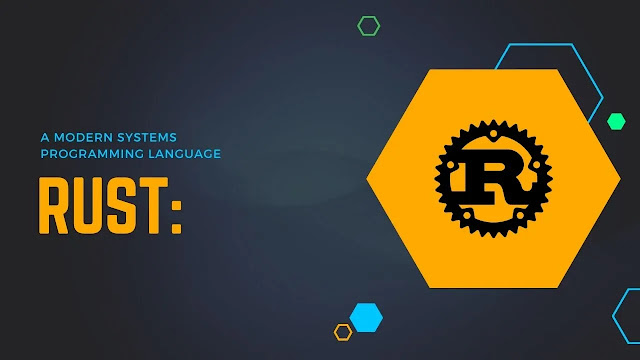The Rise of Rust: A New Era in Systems Programming
Rust, a relatively new programming language, has been making waves in the software development community, particularly in the realm of systems programming. Its unique combination of performance, memory safety, and expressiveness has attracted a growing number of developers seeking to build robust and efficient applications.
Why Rust?
- Performance: Rust is designed to be as performant as C and C++, without the memory safety pitfalls. Its compiler can often generate code that is comparable or even faster than C++ code. This makes Rust an ideal choice for applications that require high performance, such as operating systems, game engines, and networking libraries.
- Memory Safety: Rust's ownership system prevents common memory errors like null pointers, dangling references, and memory leaks. This eliminates a significant source of bugs and crashes, making Rust applications more reliable and secure.
- Expressiveness: Rust's syntax is clean and concise, making it easy to write readable and maintainable code. The language also provides powerful features like traits, lifetimes, and macros, which allow developers to express complex ideas in a natural way.
- Concurrency: Rust has built-in support for concurrency, making it well-suited for multi-threaded and parallel programming. The language's ownership system helps prevent data races and other concurrency-related bugs.
- Large and Growing Ecosystem: While Rust is a relatively young language, it has a vibrant and growing ecosystem of libraries and tools. This makes it easier for developers to find the resources they need to build complex applications.
Use Cases for Rust
- Systems Programming: Rust is ideal for building operating systems, device drivers, and embedded systems.
- Networking: Rust's performance and concurrency features make it well-suited for networking applications like web servers and network protocols.
- Game Development: Rust's performance and memory safety can help game developers create high-performance and reliable games.
- Web Development: Rust is gaining traction in web development, with frameworks like Actix and Rocket providing efficient and scalable web servers.
- Data Science and Machine Learning: Rust's performance and memory efficiency can be beneficial for data-intensive applications.
Challenges and Considerations
While Rust offers many advantages, there are also some challenges to consider:
- Learning Curve: Rust's ownership system can be challenging to learn for developers coming from languages like Python or JavaScript. However, the effort is often rewarded with more reliable and performant code.
- Tooling: While Rust's tooling is improving rapidly, it may not be as mature as that of more established languages.
- Adoption: Rust is still a relatively new language, and it may take time for it to gain widespread adoption in certain industries.
The Future of Rust
As Rust continues to evolve and mature, it is poised to play an increasingly important role in the software development landscape. Its unique combination of performance, memory safety, and expressiveness makes it a compelling choice for developers seeking to build robust and efficient applications. With a growing ecosystem and a dedicated community, Rust's future looks bright

